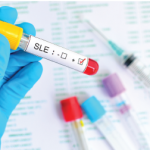Does cognitive dysfunction in SLE patients result from persistent inflammation characterized by ongoing disease activity? Recent research examining this question found no inflammatory mechanism associated with cognitive dysfunction in this patient population, underscoring previous research findings…








